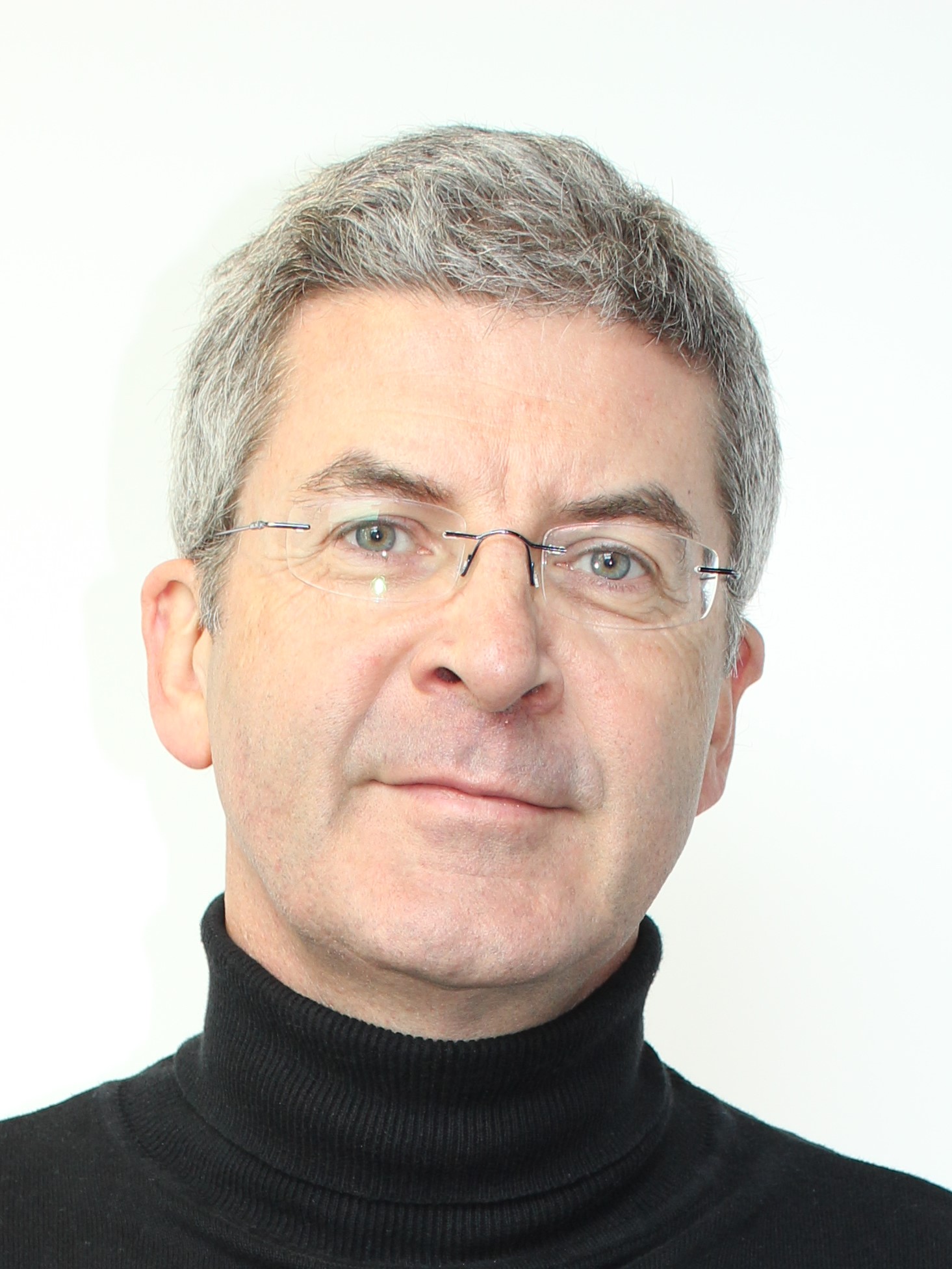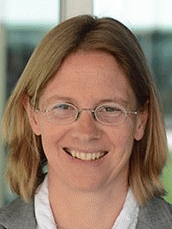Photonics for Energy Technologies and Environment – 02.11.2023

The objective of the workshop is to bring together a small group of companies interested in innovating by using photonics technologies for energy and environment.
Prof. Giulia Tagliabue and Dr Franz-Josef Haug will present different aspects of the use of photonics for energy technologies, typically for production, delivery, storage and environmental applications. The two presentations will deal with the field of solar energy, but not only. The first will focus on optimizing light absorption and its further conversion into electricity, and on applications for environmental purposes (such as pollutant degradation, chemical monitoring, etc.). The second will provide an update on the different photovoltaic technologies, their integration in different environments and innovative products to make them self-sufficient.
Agenda
| 08:50 | Welcome on-line |
| 09:00 | Workshop introduction: welcome & connect – short round table of presentation. |
| 09:10 | Overview of PhotonHub Europe activities and photonics at EPFL Pierre-Yves Fonjallaz, delegate for Swissphotonics in Romandy and EPFL PhotonHub |
| 09:20 | Short introduction about EPFL Vice-Presidency for Innovation services Pascale Van Landuyt, Industrial Liaison Officer, EPFL-VPI |
| 09:25 | Optical Nanoantennas and Metasurfaces: Controlling Light at Subwavelength Scales Prof. Giulia Tagliabue, Head of Laboratory of Nanoscience for Energy Technologies, EPFL |
| 09:45 | Q&A |
| 09:55 | From photons to electrons – converting light to electricity in solar cells Dr Franz-Josef Haug, Senior Lecturer and Scientist (MER) at Photovoltaics and thin-films electronics Laboratory, EPFL |
| 10:15 | Q&A |
| 10:25 | Open discussion with professors about company needs guided by a few questions |
| 11:20 | Funding opportunities & wrap-up |
| 11:30 | End of the meeting |
There will be time to discuss about companies’ needs. Funding opportunities for prototyping are possible through the European project PhotonHub, for innovation projects involving partners in at least two different countries, or Innosuisse, for projects involving only EPFL and Swiss-based companies.
Speakers
 | Prof. Giulia Tagliabue is leading the Laboratory of Nanoscience for Energy Technologies. Her research interests include fundamental understanding and nanophotonic-design strategies for light-energy conversion devices, with a special interest in metasurfaces for photoelectrochemical systems. She obtained her PhD in Mechanical Engineering from ETH Zurich in 2015. From 2015 to 2018 she was a Swiss National Science Foundation Fellow and she carried on her postdoctoral research jointly at Caltech and the Joint Center for Artificial Photosynthesis (JCAP). She joined the EPFL Engineering Faculty in January 2019. Prof. Tagliabue is the recipient of the First Prize of the Rising Stars of Light Award 2020, the 2021 Early Career Award in Nanophotonics and the 2023 Zellner-Prize for Physical Chemistry. In 2020 she was awarded an Eccellenza Grant from SNSF and in 2022 she received an SNSF Starting Grant. She is member of the Material Research Society (MRS), the American Chemical Society (ACS) and the Optical Society of America (Optica). Prof. Tagliabue is currently Managing Editor of the journal Nanophotonics (DeGruyter) |
 | Dr Franz-Josef Haug is senior scientist and lecturer at Photovoltaics and thin-films electronics Lab. He obtained his PhD from ETH Zürich (Switzerland) for his work on Cu(In,Ga)Se2 solar cells. After that he joined EMPA (Switzerland) to work on plasma processes for hard coatings of TiN and later the Jülich Research Centre in Germany to study light scattering ZnO front contacts for solar cells. In 2005, he joined the Institute of Microengineering (IMT) at the University of Neuchatel to lead a research group on thin film silicon solar cells within the PV-Lab (integrated into EPFL in 2009). His main research interests are optics, charge transport in semiconductors and renewable energy in general. His current work is devoted to passivating contacts for crystalline silicon solar cells, using thin silicon films as contact layers. |

